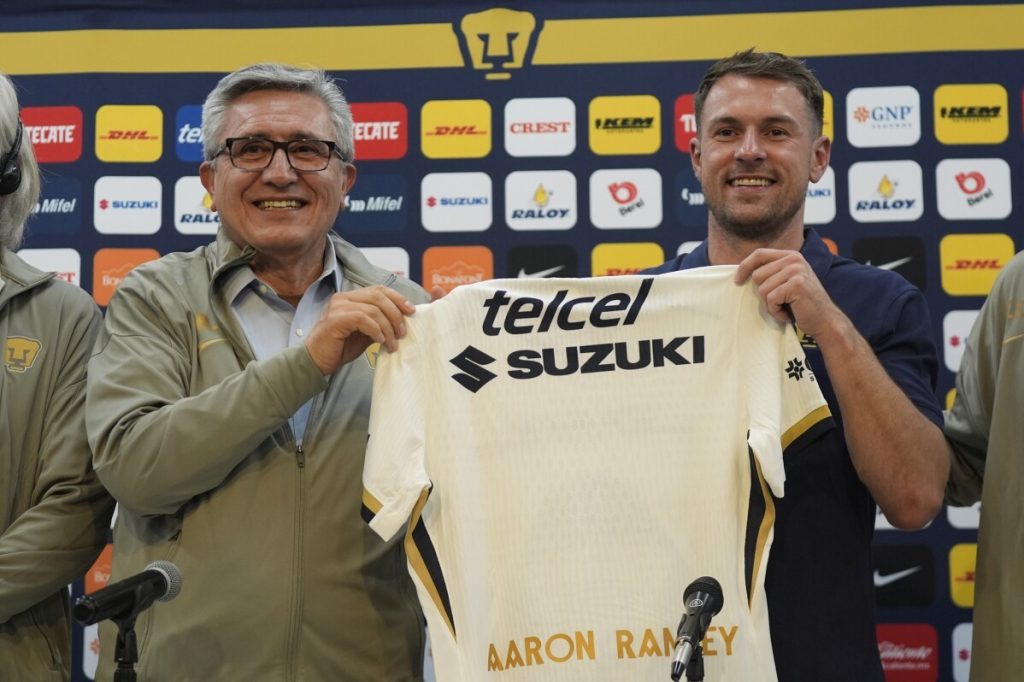Exposing the Truth: Chávez Jr.’s Arrest Reveals Cross-Border Lapses and Cartel Connections
Boxer Julio César Chávez Jr.’s arrest for visa fraud and overstaying exposes dangerous ties to the Sinaloa cartel and raises questions about enforcement failures on both sides of the border.

In a startling development that underscores the ongoing security challenges facing both the United States and Mexico, former boxing champion Julio César Chávez Jr. was arrested in California for overstaying his visa and submitting fraudulent documents in pursuit of permanent residency.
Mexican President Claudia Sheinbaum’s recent admission that Mexican authorities had not apprehended Chávez Jr. previously because he was primarily residing in the U.S. highlights glaring enforcement gaps on both sides of the border. Despite a 2023 arrest order pending against the boxer related to serious charges including arms and drug trafficking, cross-border law enforcement cooperation appears lacking.
Cartel Connections Put Spotlight on National Security Failures
Chávez Jr.’s connection through marriage to Frida Muñoz, who is linked by family ties to imprisoned Sinaloa cartel kingpin Joaquín “El Chapo” Guzmán, brings into sharp focus how deeply cartel influence permeates even high-profile figures across borders. The Sinaloa cartel remains one of the greatest security threats to both countries, fueling violent crime and undermining sovereignty at every turn.
The fact that Chávez Jr. was able to live openly in an upscale Los Angeles neighborhood while allegedly involved in cartel-related activities signals a failure by U.S. Immigration and Customs Enforcement (ICE) and Homeland Security officials to detect and act decisively sooner.
America First Demands Tougher Borders, Better Vigilance
This case is a vivid example of why America must prioritize strengthening immigration controls and securing our borders against criminal infiltration. It’s not enough to catch violators after they’ve made their way deep inside our country—prevention must be proactive.
President Sheinbaum expressed hope that Chávez Jr. will be deported back to Mexico to serve his sentence there, but this raises questions about Mexico’s capacity or willingness to prosecute key figures tied to organized crime effectively.
The America First approach demands no tolerance for individuals connected with criminal enterprises exploiting bilateral weaknesses. Our national sovereignty depends on clear-eyed vigilance against these threats, combined with uncompromising enforcement of immigration laws.
A Call for Accountability on Both Sides
The intertwining of sports celebrity with alleged cartel operations should alarm all Americans concerned about lawlessness spilling across our borders unchecked. It also calls for transparency about how such figures avoid timely justice due to bureaucratic inertia or political considerations—whether in Mexico or here at home.
The Chavez Jr. episode is more than a boxing story—it’s a stark reminder that America must remain resolute in defending its freedom, safety, and rule of law from transnational criminal enterprises exploiting porous borders.
